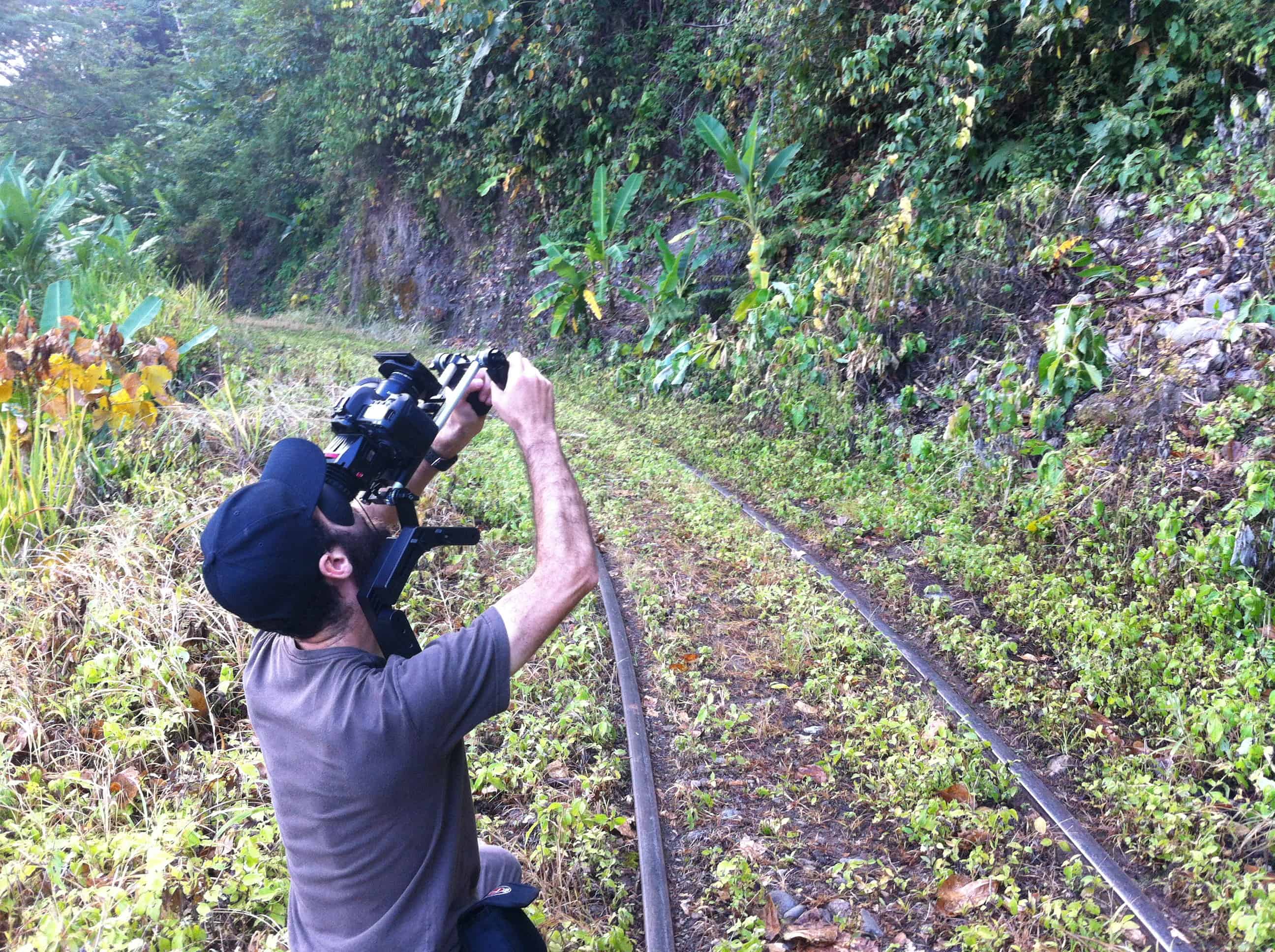A group of six students from the University of Costa Rica (UCR) has produced a documentary that aims to raise awareness about the situation lived by the campesinos of Bambuzal.
More than 100 men, women and children involved in a land dispute with banana exporter Standard Fruit Company, a subsidiary of Dole, have been living in the Metropolitan Cathedral in downtown San José since April 25 because they say they risk being arrested if they go near the Northern Zone farm they claim rights to (TT, June 11).
The campesinos have squatted on the farm, called El Bambuzal, near Río Frío de Sarapiquí in the north-central part of the country, off and on since 2001 and believe they have earned permanent rights to the land under Costa Rican law. They are awaiting an agrarian trial to settle the issue in a Guápiles court.
Entitled “Bambuzal”, the 30-minute documentary contains emotional personal interviews with many of the campesinos living in the church, as well as amateur video footage of police expelling them from the farm. It sharply criticizes officials for allegedly using excessive force to kick them out of Bambuzal.
“We feel the press has not given the situation enough coverage, and some of the information reported is not true,” explained Lidia Granados, a student who worked on the documentary. “Our goal with this documentary is to inform people about what’s really going on,” she said.
The making of the documentary was a spontaneous idea. “The Bambuzal problem has been going on for several years,” Granados said. “When they began camping at the cathedral, we took a camera and began conducting interviews and filmed them, with their permission.”
The documentary premiered during a discussion panel on Bambuzal held in May at UCR’s Social Sciences Faculty. The film was later shown after a free showing of Michael Moore’s Oscar-winning documentary “Bowling for Columbine.”
“The response we have received from students has been very positive,” Granados explained. “Many students have changed their minds about the situation in Bambuzal.”
Now that it has reached the student community, the film’s creators hope to make its message available to a wider audience. Channel 15, the University’s television network, may air the documentary in the coming weeks.
VHS copies of the movie are available at the Anthropology and Social Work student unions for ¢2,000 ($4.50) for students and individuals, and ¢8,000 ($18) for organizations. A DVD version is planned in the coming months. For more info, call 207-5884.
PRESIDENT Abel Pacheco this week defended the government’s actions in Bambuzal. This administration, he said, has done everything it can to help the campesinos.
“Costa Rica is a country with laws; people’s property is respected,” Pacheco said during Tuesday’s weekly Cabinet meeting. “It’s not correct. The Bambuzal campesinos entered private property that is not theirs. I think the government has offered them all types of solutions.”
According to Pacheco, the government has offered land to the campesinos that were eligible to receive assistance. However, not all of the people that have asked for land really needed it, he said.
“If there are campesinos that require land to be able to work, I will be the first to give it to them,” Pacheco said.






